September 2022 – COA Patient Advocacy Network News Bulletin
September 28: Community Oncology Advocacy Summit 2022 – Educating Cancer Advocates
Cancer care isn’t simple. Being an effective advocate means understanding multiple issues from different perspectives and communicating your position clearly and succinctly. Join us for the 2022 Community Oncology Advocacy Summit as policy experts provide insight on the hot-button issues considered by Congress and government agencies, physicians discuss the latest challenges they face in cancer care, and so much more.
Register for this live, virtual event today!
Advocacy Chats – Educational Conversations on Policy Issues & Cancer Research
ICYMI: The Psychosocial Impact of Cancer
A cancer diagnosis affects the body and mind. Psychological symptoms like depression and anxiety can cause interruptions in care, careers, and relationships. Treating mental health is crucial to ensuring successful cancer treatment. Rose Gerber, MS, director of patient advocacy & education at COA, and Lauren Chatalian, MSW, LCSW, director of advocacy and women and children’s program manager at CancerCare, discussed the practical concerns families may experience throughout the cancer care continuum and the resources CancerCare has available for those in need. Stream it on @OncologyCOA’s YouTube channel now.
Understanding Advocacy in a Community Oncology Setting – Media Relations: Letters to the Editor & Op-Eds
Of the many media relations tactics available to advocates, the most common platforms are letters to the editor and op-eds. A letter to the editor is typically written in response to a story published in a newspaper, offers a clear, opposing point of view, and is no longer than 250 words. Advocates can use letters to the editor to draw attention to planned events, a personal story, or a larger policy debate. Be sure to follow any specific submission guidelines that outlets may require and develop messages that are compelling and insightful.
An op-ed should be message-driven and clearly define the author’s point of view on a particular issue; advocates typically have between 600-750 words to leverage using the platform. The best pieces include a well-defined point of view delivered early in the piece, and the rest makes two or more points that support the thesis. Just as with letters to the editor, advocates should consult submission guidelines before drafting to increase chances of being published.
• Learn more about community oncology, the challenges practices face, and how you can get involved by visiting CPAN’s Education & Resources library.
Cancer News You Can Use
Most People At Risk For Lung Cancer Never Get Screened: Here’s How To Fix That
Scientific American 09/06
Lung cancer kills about 130,000 people in the United States every year, but early detection makes a dramatic difference: if diagnosed in its localized stages, lung cancer has an almost 60% five-year survival rate. Most people at risk of developing lung cancer never get screened for it¬—increasing outreach to at-risk groups and expanding eligibility could change that.
New Drug Pricing Law Puts Cancer Drugs In The Spotlight
Axios 08/24
The drug industry argues that the new federal drug pricing law will keep oncology treatments from reaching some patients who need them. But experts say the current system lets companies profit from developing drugs that yield only incremental advances—and that cancer drugs will still be valuable enough for companies to pursue.
Lifesaving Cancer Treatment Out Of Reach For Rural People
NBC News 08/23
CAR T-cell therapy uses a patient’s T cells, a key part of the immune system, to fight cancer—the treatment, while highly effective, requires patients to be closely monitored for potentially fatal side effects and is available at only about 150 transplant centers, where specialists are available to oversee care. That creates an accessibility issue for roughly half of U.S. adults who live at least a half-hour from the nearest transplant center.
Community Oncology 101 – What is Cancer Staging?
Cancer staging is an essential part of the treatment process. In this edition of Community Oncology 101, we dive into cancer staging and why it’s essential for meeting the unique needs of all patients.
Watch on @OncologyCOA’s YouTube channel today.
Resources for Chapters
Want to learn more about the biggest cancer care challenges and the policies that affect them? Catch up on CPAN Advocacy Chats, 30-minute educational webinars designed to help advocates stay up to date on the key cancer policy issues. View the full library of CPAN Advocacy Chats.
Recent News & Updates
If you currently have cancer or are being treated for cancer, it is important to know that you are at increased risk for developing a blood clot (also called venous thromboembolism or VTE).
Cancer-related fatigue is so common that between 80% and 100% of people with cancer report fatigue as a side effect, according to the American Cancer Society.
The rate of colorectal cancer screenings more than doubled when patients were given a choice between which type of screening they wanted—a take-home kit or colonoscopy—compared to those who were only offered the colonoscopy, according to new research led by the Perelman School of Medicine at the University of Pennsylvania.
Patients with very advanced solid tumors saw no significant improvement in overall survival after receiving systemic therapy, according to a study published today in JAMA Oncology by researchers at The University of Texas MD Anderson Cancer Center and Yale Cancer Center.
